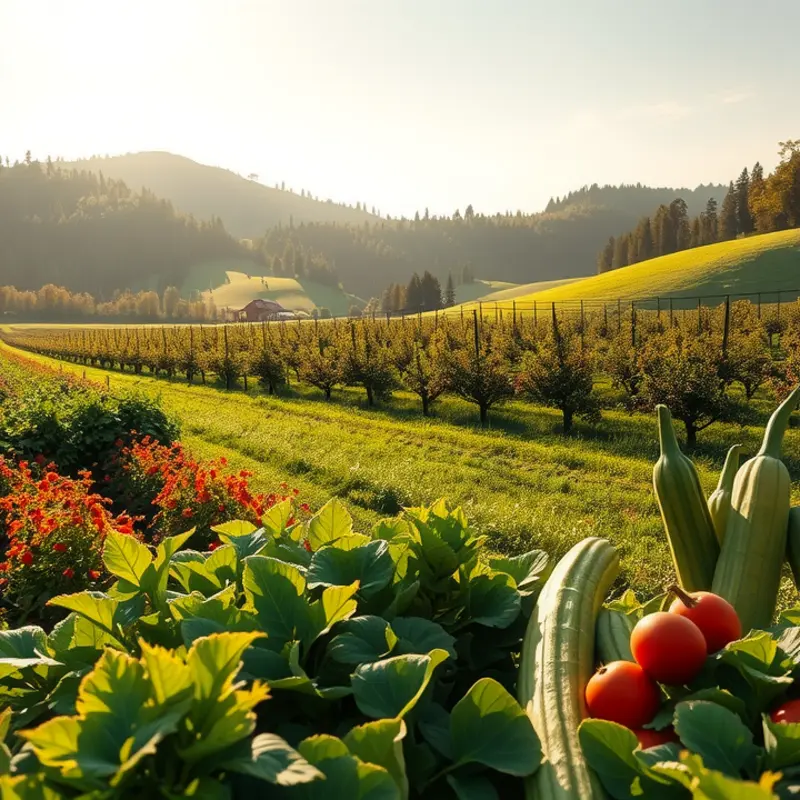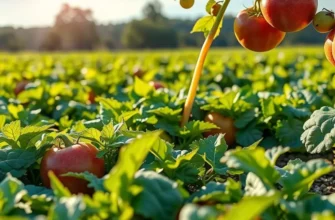Reusing jars is more than just a crafty hobby; it’s a practical solution for reducing waste and improving food management at home. By transforming old jars into functional storage solutions, you can keep your kitchen organized, minimize plastic use, and preserve your food safely. Dive into innovative ways to utilize those jars in your pantry and beyond, ensuring freshness and flavor while remaining environmentally conscious.
Creative Food Storage Solutions

Repurposing jars for food storage is not only environmentally friendly but also highly practical. Glass jars, in particular, offer a versatile and secure means of storing various food items. These containers are perfect for extending shelf life and preventing waste, aligning with sustainable living ideals.
One of the most straightforward ways to use jars for food storage is by keeping dry goods in them. Flours, grains, and pasta maintain their freshness longer when stored in airtight jars. Make sure the jars are clean and dry before use to prevent spoilage. You can also label them with the date of purchase or expiration to monitor freshness.
For those who enjoy using herbs and spices frequently, jars are excellent for maintaining their potency. Keeping these items in a dark cabinet in clear jars helps you quickly spot what you need while preserving their flavor. Consider adding a desiccant packet to each jar to absorb any moisture that might compromise the contents.
Additionally, jars are suitable for storing leftovers or pre-made meals. Mason jars, known for their durability, are perfect for storing soups, sauces, and stews. Their versatility even extends to the freezer. Just make sure not to fill the jar completely before freezing to allow for expansion. To ensure safety, always allow hot items to cool before transferring them into glass jars.
Fermentation enthusiasts can also benefit from jar storage. Homemade pickles, sauerkraut, and kimchi develop well in jars, where you can easily monitor their progress. The anaerobic conditions inside a sealed jar are great for fermenting foods without adding extra preservatives.
For a more innovative use, consider turning jars into dispensers for dried fruit and nuts. Attach a spigot or a pump top to the jar lid for easier access or quick snack on-the-go. This transformation serves both function and style, combining aesthetics with practicality.
Another creative solution is using jars to store homemade soakable items. Store overnight oats, chia seed pudding, or even home-cooked beans in jars for a nutritious, quick breakfast. Clearly label the jars with easily washable markers to identify the contents and soak time.
Jars are also the perfect vessels for DIY salad kits. Layer your salads with dressing at the bottom, followed by heavier ingredients like grains or meat, and leafy greens on top. This method ensures the salad remains crisp and fresh until you’re ready to eat.
To explore more eco-friendly kitchen storage tips, visit the eco-smart kitchen storage guide. Applying these techniques at home not only minimizes waste but also contributes to a more sustainable lifestyle.
Adopting a jar-based storage habit is a small step towards a larger sustainable living initiative. Each jar reused means fewer plastic containers and less contribution to landfill waste, making it a practical choice for the eco-conscious household.
Safe Practices for Storing Food in Jars

Reusing jars for food storage offers both ecological and economic benefits. However, food safety is paramount when repurposing jars. Proper cleaning, sterilizing, and storage techniques minimize risks and extend the freshness of your food.
Cleaning Jars Effectively
Before reuse, all jars must be thoroughly cleaned. Start by removing any labels using a natural adhesive remover, such as baking soda mixed with oil, to avoid chemical residues. Once labels are removed, wash jars with hot, soapy water using a gentle dish soap. Pay attention to crevices and grooves where food particles or adhesives may linger. Rinse the jars with hot water to remove all soap traces. If dealing with stubborn odors, especially in jars previously containing spices or pickled goods, an overnight soak in water with a splash of vinegar can help.
Sterilizing for Safety
Sterilization is critical to eradicate bacteria and microorganisms that can spoil food. After washing, place jars in a pot of water and boil them for at least 10 minutes. This step ensures that unwanted organisms are destroyed. Alternatively, you can use an oven to sterilize jars by placing them on a baking sheet and heating them to 275°F (135°C) for about 20 minutes. Remember to sterilize jar lids as well by simmering them in hot water since they can’t withstand oven temperatures. Allow jars to dry completely before use; trapped moisture can lead to mold growth.
Smart Storage Solutions
Choosing the right storage method for each food type is essential. For dried goods such as beans, rice, or pasta, store jars in a cool, dark place to avoid heat and light damage. Ensure lids are tightly sealed to protect contents from moisture and pests. For wet or perishable items like sauces, check out this guide on sauce storage safety to prevent spoilage.
Markers or labels indicating the contents and date of storage will help manage inventory effectively. While repurposing jars for canning, always check jars for chips or cracks, as these can compromise the seal and integrity during heat processes. Use only designated canning jars for hot-fill preserving methods to prevent jar breakage.
Grounding our habits in these safe practices ensures that we not only preserve the planet by reducing waste but also guarantee the quality and safety of our stored foods. As you embed these practices, keep expanding your understanding of eco-smart kitchen habits which enhance both sustainability and personal health.
Final words
Utilizing old jars for food storage is an innovative approach to decluttering your kitchen while playing an active role in reducing waste. By implementing safe practices and creative strategies outlined in this guide, you can maximize the utility of your jars, ensuring your food remains fresh and delicious. As you embark on this journey, embrace a sustainable lifestyle that prioritizes both quality food management and environmental responsibility. The approach to reusing jars not only enhances your kitchen’s organization but also advocates for eco-friendly habits, encouraging a positive impact on our planet.







